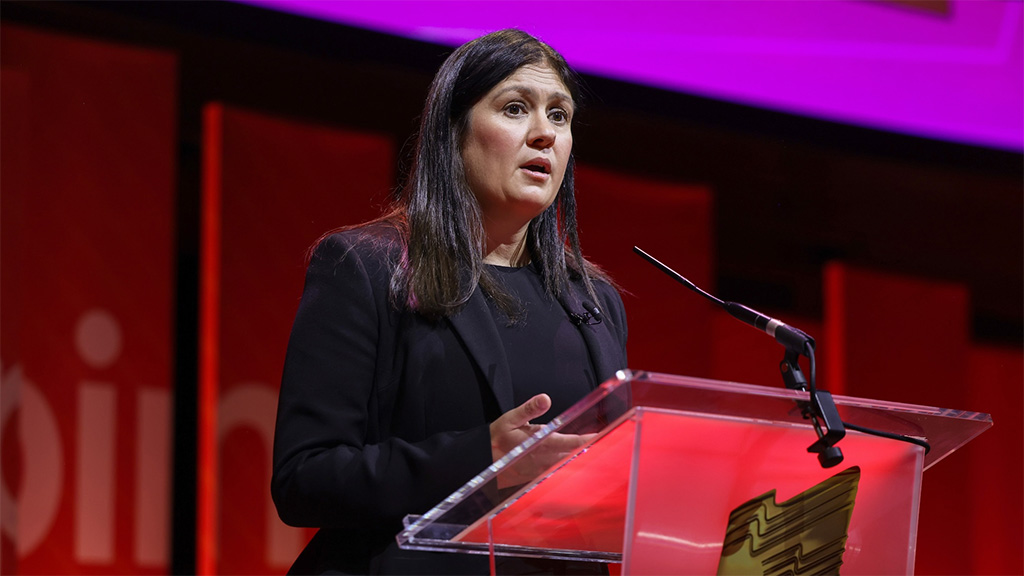The new Secretary of State for Culture, Media, and Sport gave a keynote speech at the Royal Television Society London Convention. She will have encouraged delegates by saying that under the Labour government the next charter review has to ensure that that the BBC does not just survive but thrives for decades to come. One option that the government seems to be considering is mutualising the corporation.
Lisa Nandy MP understands the importance of public service broadcasting better than some of her many predecessors of recent years. Her mother Luise was the daughter of Liberal MP and later life peer Baron Byers. Luise joined Granada Television and became a current affairs television producer at Granada, who went on to marry Ray Fiztwalter, the long-standing editor of the Granada current affairs programme World in Action.

In her speech to television executives at the Royal Television Society, the new Culture Secrtary spoke of a being in a technology and media revolution without a clear strategy for how we equip ourselves for this era.
“There is a choice ahead of us,” she said. “Whether we choose to be the last guardians of this chapter, or the first pioneers of the next.”
After what she described as a dark divisive decade, she talked about “resetting the relationship between government and the media”.
“We believe in public service broadcasting,” she said. “For too long the Tories came to conferences like this and talked about recognising the value of public service broadcasters, while undermining trust, assaulting credibility and sowing uncertainty. Our government will be different.”
This government inherited the Media Act that will maintain the prominence of public service content and has begun a review of the video on demand market that will “lay the ground for a more level playing field for all mainstream services, with video-on-demand services regulated to the same high standards we expect from traditional broadcasters.”
As far as the future of the BBC goes, she said the government is committed to retaining the television licence fee “at a very minimum for the rest of this charter period” that runs until the end of 2027, which is not very far off.
“The importance of the obligations placed on the BBC — especially when it comes to the World Service — shows the vital need for sustainable public funding,” she said. “The next charter review has to ensure the BBC doesn’t just survive but thrives for decades to come.”
Significantly, she said “that the most important consideration is how to ensure the public feel ownership of their national broadcaster. That it belongs to and is responsive to them” as “a truly national broadcaster in which all of us have a stake.”
Mutualisation is now one of the options that the Secretary of State is considering as it begins discussions with the corporation over its future funding, although quite how this would work remains unclear.
